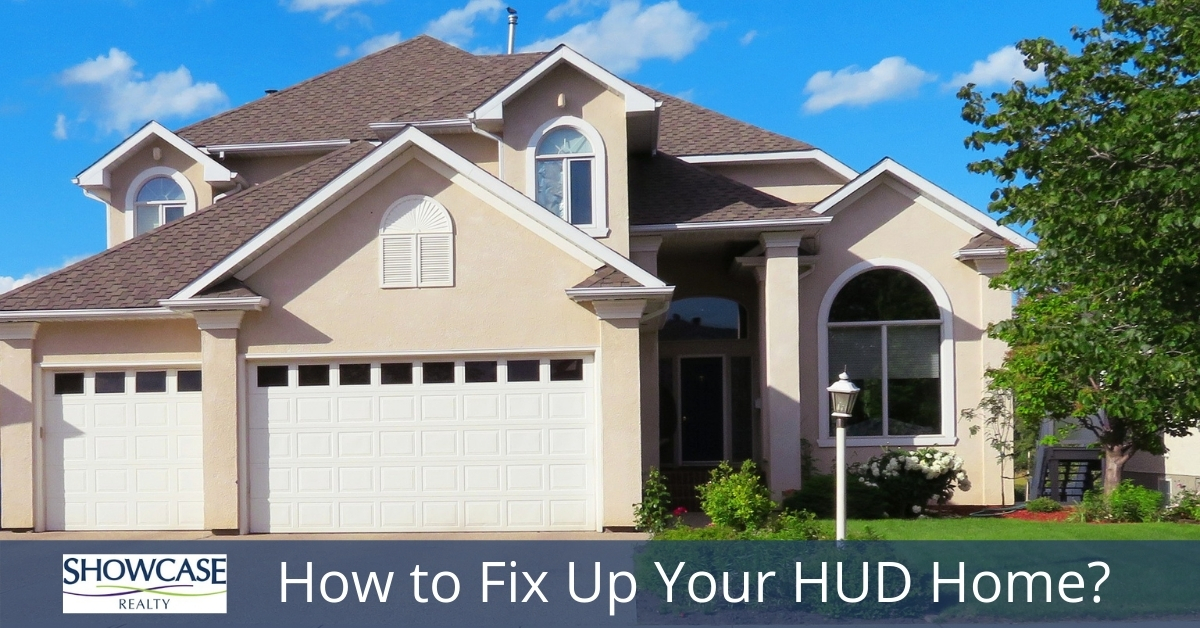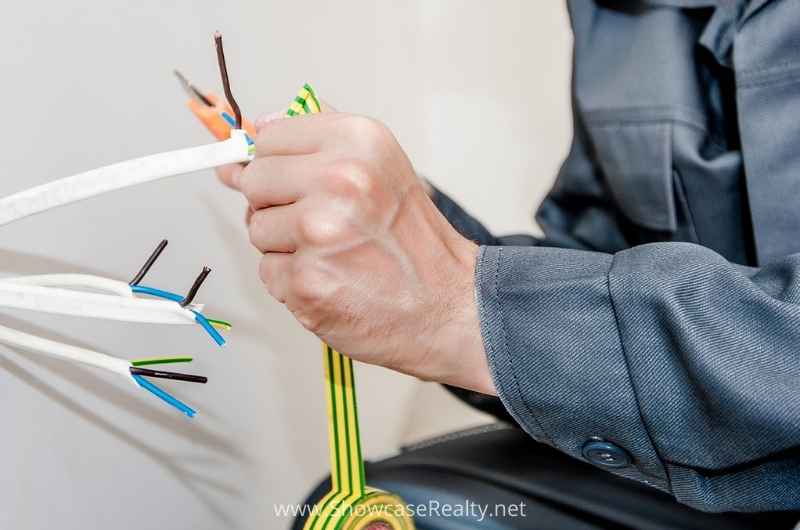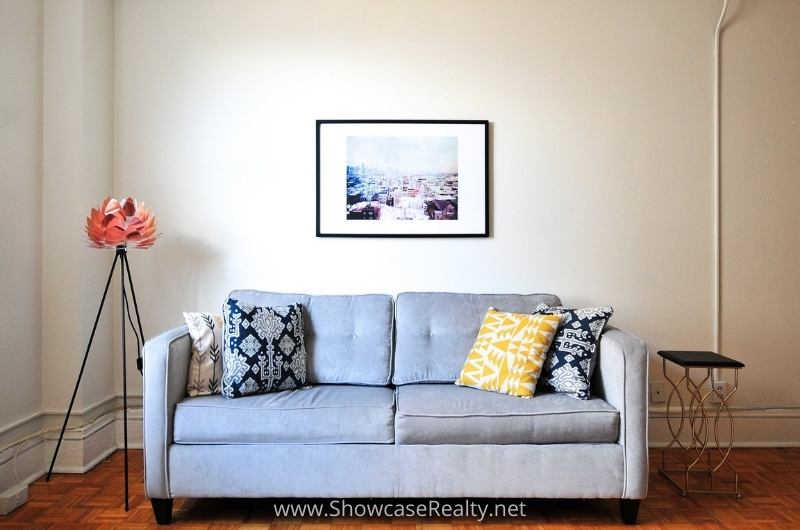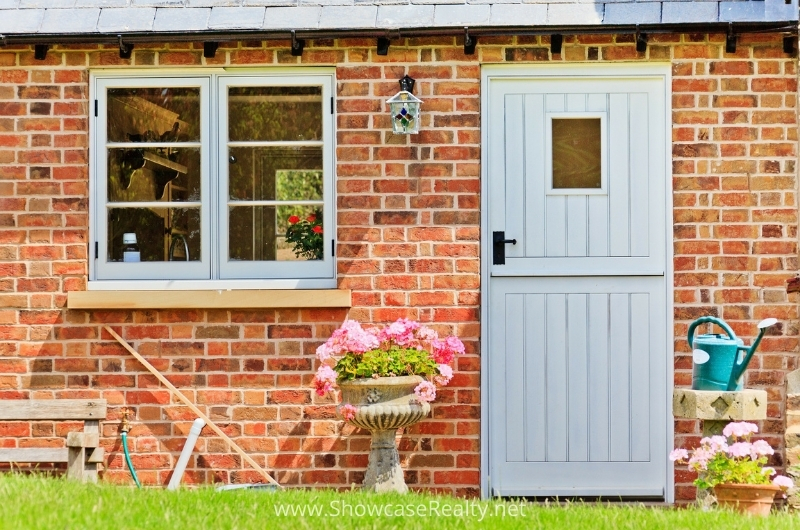How to Fix Up Your HUD Home in Charlotte
February 03, 2021

Post by: Nancy Braun, Showcase Realty

How your home looks after getting it renovated dictates the difference between a good or bad HUD home deal. This is true whether you bought the house to live in, or as an investment.
Repairing a newly-bought foreclosed home could pose as quite a challenge. HUD homes are sold “as-is”, and might have been inhabited for a long time. If the previous owners couldn’t make their mortgage payments, it is safe to assume that they weren’t likely to keep the home in the best condition, either.
With this in mind, here are a few ideas on how to reduce the cost of fixing up your HUD home. This article will provide a few detailed options.
4 Helpful Tips in Renovating Your HUD Home
Whether in fashion or in real estate, turning things into something beautiful can be fulfilling. This explains why a lot of us enjoy makeover shows! We all just love transforming neglected things into attractive creations. Here are a few pointers to keep in mind when renovating foreclosed homes:
1. Conduct a home inspection. It would be best if you did this way before closing on the deal. Home inspections allow you, as a homebuyer, to assess the condition of the HUD home. This step will tell you just how much of a fixer-upper the home is, and whether it is worth the investment.
Before signing papers, hire a home inspector to give the place a thorough evaluation. An inspection may cost an average of $300, but is well worth the price if the inspector uncovers major problems.
It would also help if you already have a renovation budget, even before the inspection. If the estimated renovation costs exceed the amount you prepared, then it’s an obvious sign to walk away. And maybe, try to find a different HUD home to purchase in Charlotte, NC.

2. Upgrade the mechanical and electrical systems. Functionality should always be the most important aspect, over aesthetics. The house should primarily be livable, before making it beautiful. Eight out of nine foreclosed home renovations involve mechanical and electrical systems.
The property might have sat empty for too long, so expect the need to repair essential home functions. These may include heating and air conditioning units, wiring, and plumbing. Aesthetics are easier to fix once you are sure that everything in the house is running well.

3. Focus on walls and flooring first. Once everything in the house is running well, you can focus on the aesthetics. The goal is to give your house a feel of comfort by making it easy on the eyes. In beautifying any home, floors and walls often do the trick. A fresh coat of paint that complements the flooring design goes a long way in giving the house a better look.

4. Small, inexpensive improvements. Sometimes, the simplest renovations make the most impact. Entry door and window replacements are examples. Unlike kitchen or basement remodeling, these replacements are only minor renovations. They usually do not entail as much work and expense as major repairs. The doors and windows will most likely be the things people see when checking out your house. If you bought the house to resell it, these simple repairs will help give your buyers a good impression.
Are you considering buying a HUD Home for sale in the Carolinas? Do you need more insights and helpful tips for repairing your HUD home? Call me, Nancy Braun, at (704) 997-3794 today. I am a HUD Certified real estate agent licensed in North Carolina and South Carolina, and run a team of certified experts ready to assist you with the purchase of your HUD home.

